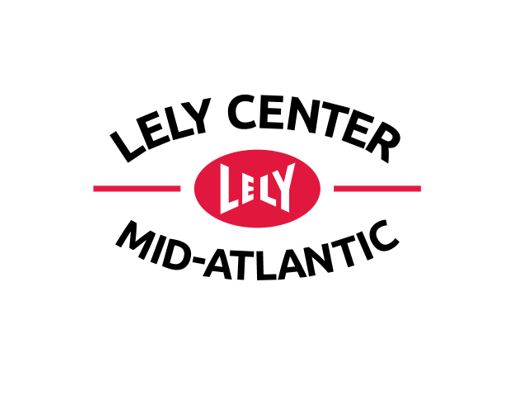As you’ve read in last month’s blogs, we are continuing to plan for the launch of our service agreements next year. We are currently piloting the agreements on five of our farms. When each of our pilot customers has signed the agreement this year, our first step is sending Farm Management Support Specialist, Kayla Brody, out to the farm to do an in-depth review of daily, weekly, and monthly maintenance tasks with the robots.
It’s been interesting working with customers in all stages of their robotic journey to refresh them on the importance of daily maintenance. Our protocols can often shift over time, so we’ve found this to be an impactful refresher for everyone involved.
Our top-level service agreement allows customers to pay one flat monthly fee per robot and enables our Lely Center to cover all costs related to maintenance, parts, and labor. The goal of our service agreements is to increase uptime and performance of the machines – that means both the Lely Center and the customer are doing their part to impact machine performance. Before entering the agreement, we strive to make sure expectations are clearly laid out for both parties. If the robots do not receive proper daily, weekly, and monthly maintenance, it could lead to extra costs for the customer.
Help us help you! Here are some of the daily maintenance topics we cover when reviewing procedures with our customers. Have you found that any of your protocols have slipped over time?
Daily Maintenance
• Clean the touch screen of the E-Link
• Change the milk filter after each cluster cleaning… if you forget, don’t worry – the robot will remind you via phone call!
• Clean the robot arm, box, and teat cups
• Clean the bleed holes – this task is one most people rarely do until they get an alarm. But cleaning these daily ensures proper, complete milking of the cow. If they get plugged, it can compromise the complete milking we strive for. Pro tip: when you’re hosing down the robot, just spray a bit of water into the liner until you see water coming out of the bleed hole and—boom—you’ve confirmed it’s not blocked.
• Clean and calibrate the laser, robot arm, and cup offsets. This helps with attachment times and failures.
• Inspect teat cup liners, cords, tubes, and sleeves for wear and tear
• Check the air compressor (when’s the last time you cleaned the air filter on the outside of the compressor?) • It’s also important to inspect ID readers and clean the camera above the robot box.
These tasks might seem repetitive, but they are vital. For example, we recently had a customer who asked us to investigate why the exit gate was having trouble closing after a cow left the box. Here is what their camera in the robot looked like.

Again, the goal of service agreements is that both the customer and our Lely Center are working together to proactively ensure the robot is functioning at its best. We are striving to communicate that this is a two-party agreement, with both sides sharing equal responsibility. Skipping these tasks can lead to milking errors, cow discomfort, poor milk hygiene, and unexpected service costs. Realistically, doing these daily checks should take about 10 minutes per robot. These 10 minutes pay dividends for the future performance of your equipment.
At Lely Center Mid-Atlantic, we’re striving to do our part in upholding the highest level of service for your robot and building a successful partnership with your farm. Maximizing robot uptime is our goal—so help us help you reach that!
